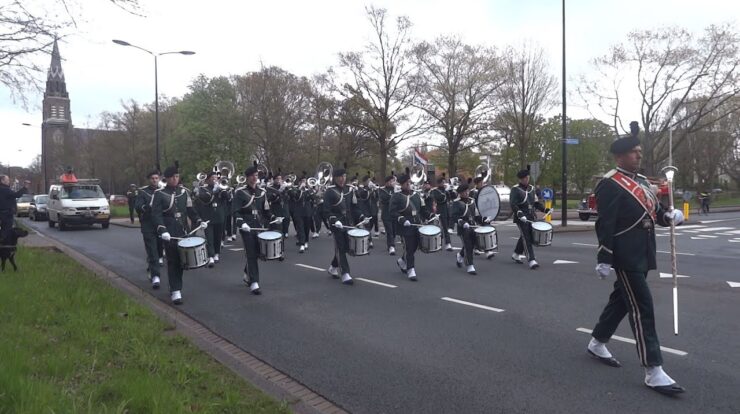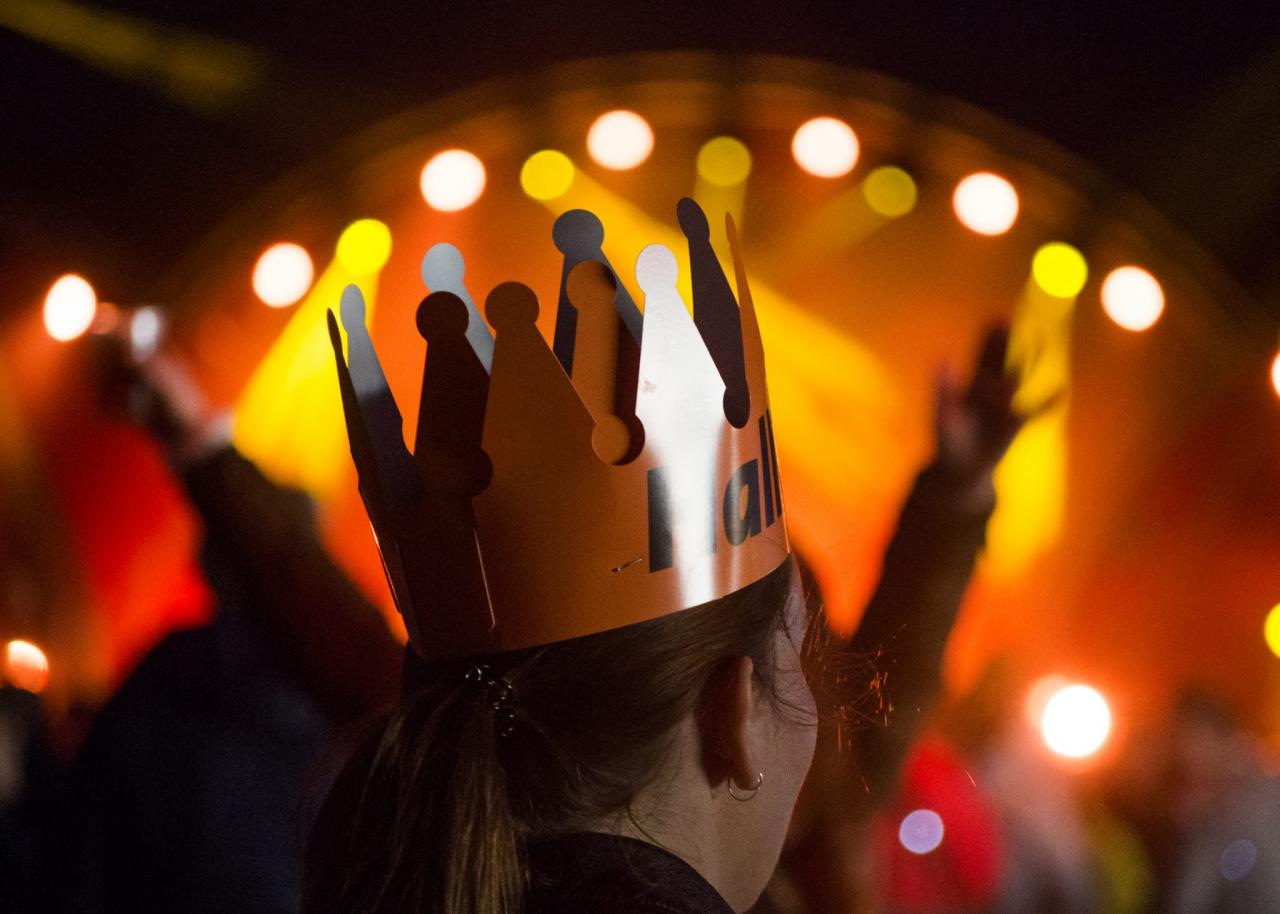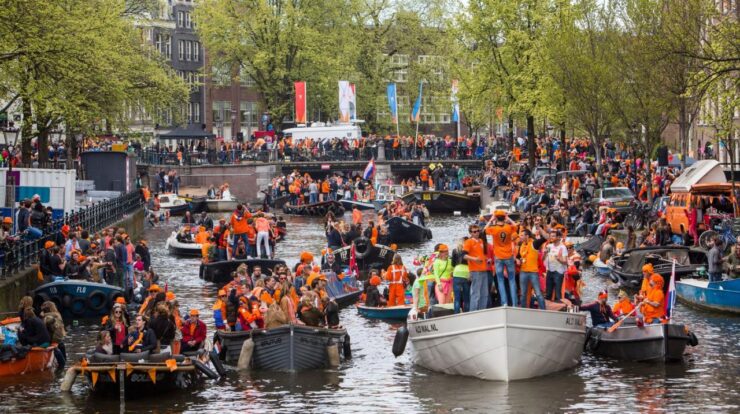
Kings Day, an annual celebration steeped in history and cultural significance, is observed across the globe, bringing communities together and fostering a sense of unity and belonging.
With its origins dating back centuries, Kings Day has evolved into a vibrant and diverse celebration, showcasing the unique traditions and customs of different regions.
History and Origins
Kings Day, also known as Koningsdag, is a national holiday celebrated in the Netherlands and its overseas territories on April 27th. It marks the birthday of the reigning monarch and is a day of festivities and celebration. The origins of Kings Day can be traced back to 1885, when it was first celebrated as the birthday of Queen Wilhelmina.
Over the years, the holiday has evolved and expanded to include the birthdays of subsequent monarchs, such as Queen Juliana and Queen Beatrix.
Cultural Significance

Kings Day is a deeply ingrained cultural tradition in the Netherlands and is widely celebrated by people of all ages. It is a day of national unity and pride, bringing together people from diverse backgrounds to celebrate their shared heritage.
The holiday is also a symbol of the strong bond between the Dutch monarchy and its people.
Traditional Activities
Kings Day is associated with a number of traditional activities, including:
- Parades:Colorful parades featuring floats, marching bands, and traditional Dutch costumes take place in cities and towns throughout the country.
- Markets:Open-air markets are set up in public spaces, where vendors sell a variety of goods, including food, drinks, and souvenirs.
- Gift-giving:It is customary to exchange gifts with family and friends on Kings Day, often in the form of orange-colored items, which is the color associated with the Dutch royal family.
Contemporary Celebrations, Kings day
While Kings Day retains many of its traditional elements, it has also evolved over time to incorporate more modern elements. In recent years, there has been a growing emphasis on sustainability and environmental awareness during the holiday. Additionally, social media has become an integral part of the celebrations, with people sharing photos and videos of their festivities online.
Economic Impact
Kings Day has a significant economic impact on the Netherlands, particularly in the tourism and retail sectors. The holiday attracts a large number of tourists from neighboring countries, who come to experience the festivities and spend money on accommodation, food, and souvenirs.
Additionally, many businesses offer special promotions and discounts on Kings Day, leading to increased sales and revenue.
Social and Cultural Impact
Kings Day fosters a sense of unity and belonging among the Dutch people. It is a day when people come together to celebrate their shared heritage and national identity. The holiday also plays an important role in promoting Dutch culture and traditions, both within the Netherlands and abroad.
Environmental Impact
Kings Day celebrations can have a significant environmental impact, particularly due to the large amounts of waste generated. In recent years, there has been a growing awareness of the environmental impact of the holiday, and efforts have been made to reduce waste and promote sustainability.
For example, many municipalities now offer recycling bins at public events, and there is a growing emphasis on using reusable materials and eco-friendly products.
Regional Variations
Kings Day is celebrated in different ways in different regions of the Netherlands. In Amsterdam, the holiday is marked by large-scale parades and street parties, while in smaller towns and villages, it is often celebrated with more traditional activities, such as markets and community gatherings.|
Region | Date | Key Traditions | Local Customs ||—|—|—|—|| Amsterdam | April 27th | Large-scale parades, street parties | People wear orange clothing and accessories || The Hague | April 27th | Royal procession, music festivals | People gather in parks and squares to celebrate || Rotterdam | April 27th | Harbor festival, fireworks | People enjoy boat races and live music || Utrecht | April 27th | Student parties, open-air markets | People gather in the city center to celebrate |
Global Recognition
Kings Day is recognized and celebrated in various countries around the world, particularly in former Dutch colonies and territories. In Suriname, for example, the holiday is known as “Koningsdag” and is celebrated with parades, markets, and other festivities. In Aruba, the holiday is known as “Dia di Rey” and is marked by special events and celebrations.
Conclusion: Kings Day

In conclusion, Kings Day serves as a testament to the enduring power of tradition and the importance of cultural heritage. Its global recognition and the economic, social, and cultural impacts it generates underscore its significance in contemporary society.
FAQ Compilation
When is Kings Day celebrated?
The date of Kings Day varies depending on the region, but it is typically celebrated in January or April.
What are some of the traditional activities associated with Kings Day?
Traditional activities include parades, markets, gift-giving, and the sharing of traditional foods.
What is the economic impact of Kings Day?
Kings Day has a positive economic impact on businesses and tourism, particularly in regions where it is a major cultural event.
